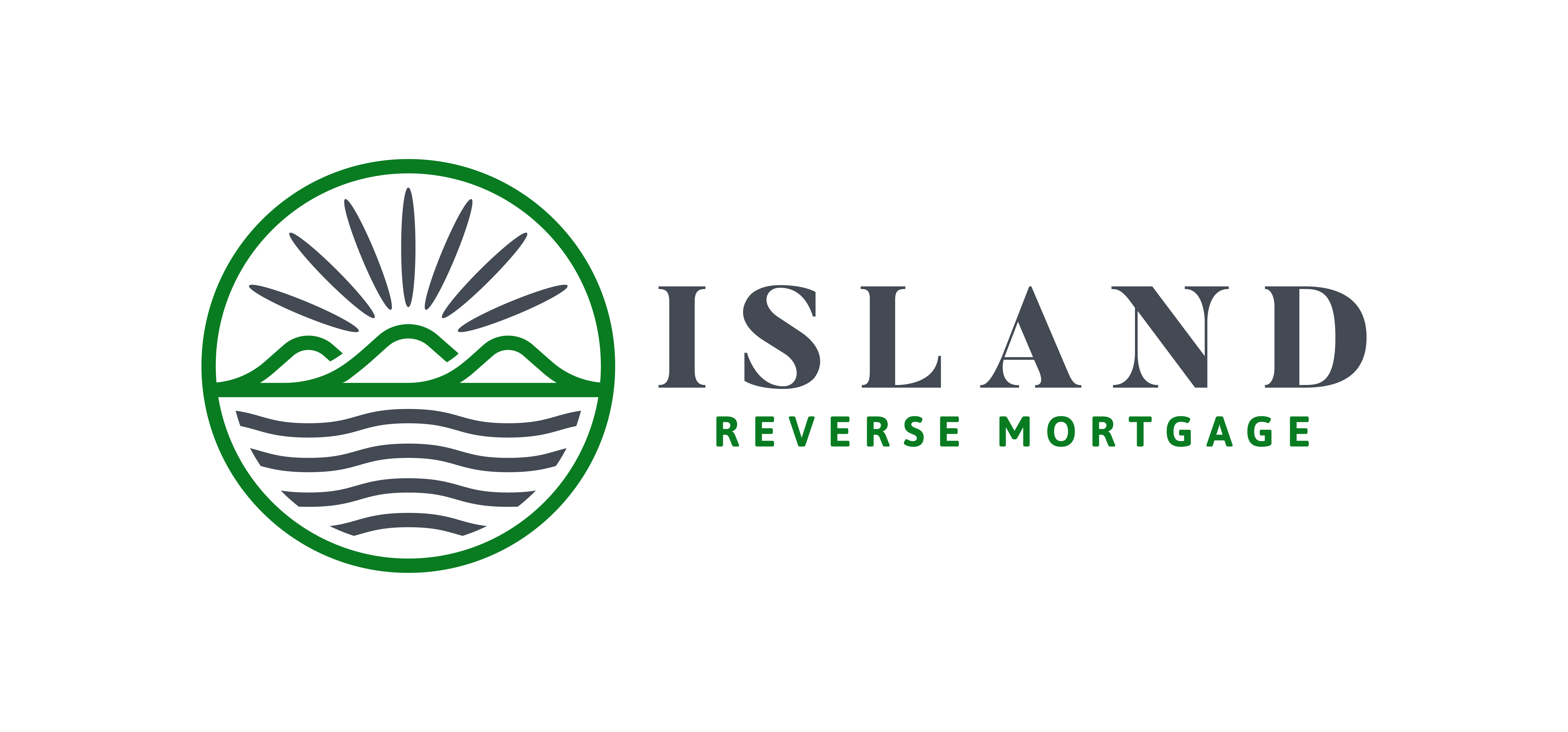“Unlock the Equity in Your Home: Understanding Reverse Mortgage”

A reverse mortgage is a type of loan that allows homeowners who are 62 years of age or older to convert a portion of the equity in their home into cash. The loan does not have to be repaid until the borrower dies, sells the home, or moves out permanently. According to the National Reverse Mortgage Lenders Association (NRMLA), the number of reverse mortgages originated in the United States was 87,903 in 2020.
Reverse mortgages have become increasingly popular in recent years, as more and more seniors look for ways to supplement their retirement income. They can be an especially attractive option for seniors who have a lot of equity in their home, but do not have a lot of income or savings.
To qualify for a reverse mortgage, the borrower must be at least 62 years of age and must own the home outright or have a significant amount of equity in the home. The borrower must also live in the home as their primary residence. The amount of money that can be borrowed is based on the value of the home, the age of the borrower, and the interest rate on the loan.
There are several types of reverse mortgages, including the Home Equity Conversion Mortgage (HECM), which is the most common type, and the single-purpose reverse mortgage, which is typically offered by state and local government agencies and non-profit organizations.
The HECM is a type of reverse mortgage that is insured by the Federal Housing Administration (FHA). With a HECM, the borrower can choose to receive the money in a lump sum, as a line of credit, or as a series of monthly payments. The borrower is also responsible for paying property taxes, insurance, and any home repairs, and the loan must be repaid when the borrower dies, sells the home, or moves out permanently.
Reverse mortgages have their advantages, they can provide a senior with an additional source of income, which can help them to maintain their standard of living, and also enables them to stay in their home. Reverse mortgages also have their disadvantages, such as the fact that they can be expensive, and they can also reduce the amount of equity that the borrower has in their home.
Another disadvantage is that reverse mortgages are complex financial products, and it can be difficult for borrowers to understand the terms and conditions of the loan. Additionally, reverse mortgages are not right for everyone, and some seniors may be better off with other financial products.
Despite these challenges, reverse mortgages continue to be an important option for seniors who are looking for ways to supplement their retirement income. With more awareness and education about the benefits and drawbacks of reverse mortgages, seniors will be able to make more informed decisions about their finances.
In conclusion, a reverse mortgage is a type of loan that allows homeowners who are 62 years of age or older to convert a portion of the equity in their home into cash. The loan does not have to be repaid until the borrower dies, sells the home, or moves out permanently. The Home Equity Conversion Mortgage (HECM) is the most common type of reverse mortgage, which is insured by the Federal Housing Administration (FHA). Reverse mortgages have their advantages and disadvantages, such as providing an additional source of income for the senior, but also can be expensive and can reduce the equity in their home. It is important for seniors to be aware and understand the terms and conditions of the loan before making a decision.
